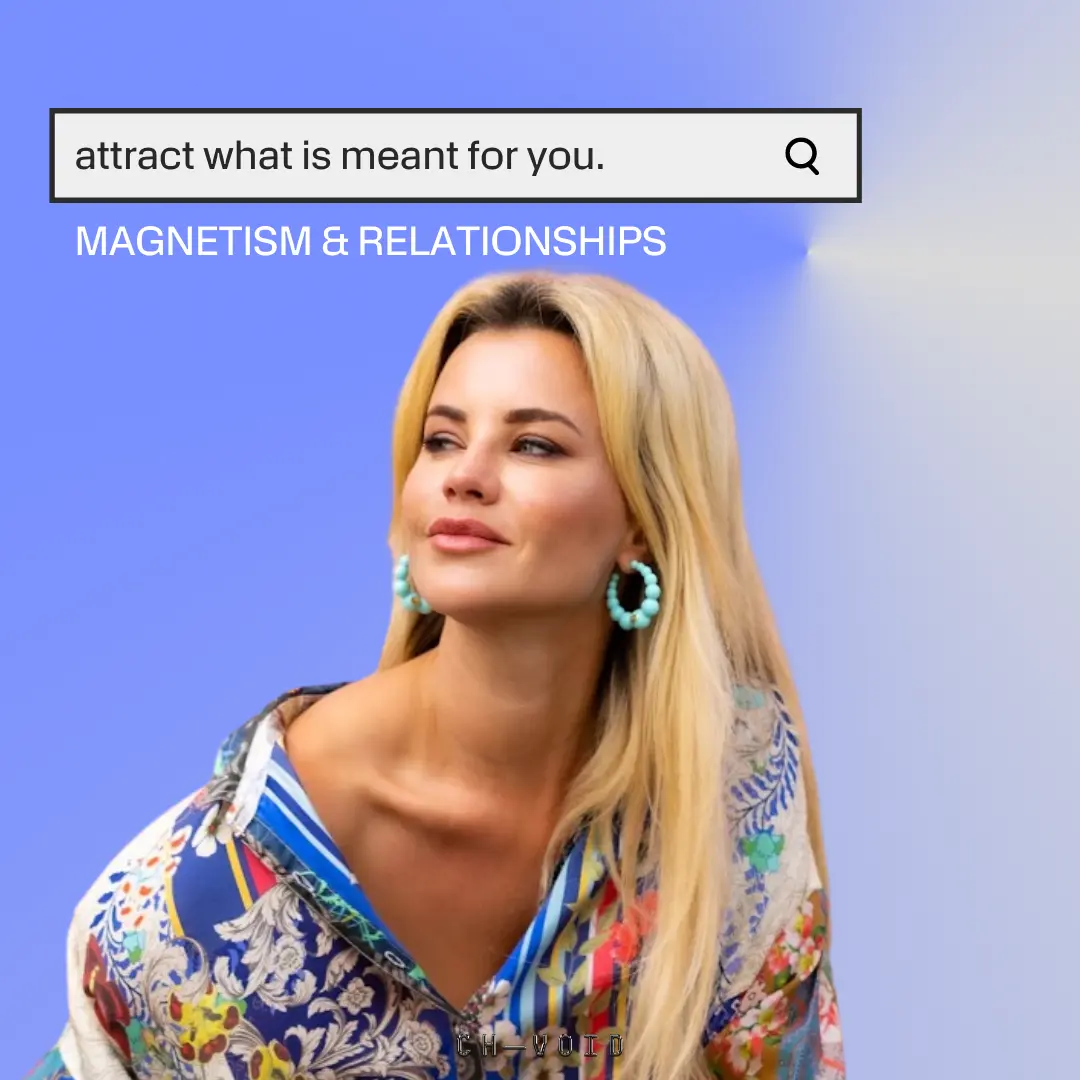Bridging the gap between men and communication
Redefining masculinity: fostering open dialogue.
It isn’t that men aren’t trying to do better, be better and say more, it’s simply that they have never been given the tools.
The vacuum behind masculinity is something we have wondered long and hard about; this great uncharted space between the communicated male experience and the emotional male experience. Often this void is one of shame and self-alienation – a place where feeling is considered unsafe.
Prompting men to talk about the vastness of their inner world can be a very circular conversation: how do we pierce the vacuum? But beyond these ideological loops, we look forward to a society where individuals feel empowered to express their experiences as they are truly felt – particularly men.
Acknowledging that there is more to gender than the binary of male and female is important here. Statistics show that there are more cis-females trained as therapists than cis-men. Some quip that this discrepancy exists because women have more to talk about. But as many young females can attest, we are often sought out by men who prefer to refrain from telling their peers what’s really going on inside. And while there is a beautiful intimacy in a male-female friendship that’s centred around the act of vaulting emotional truths, empathy burnout is real for humans delivering unprofessional therapy services.
In his book Men, Love, Sex, Alan Close explains that this frustrating lack of openness is felt most gravely by men themselves. He points out that their inner feelings, hopes, desires and fears have little to no outlet. This makes the task at hand – the task of piercing the vacuum – one of urgency. The pain of its existence affects everyone and has the capacity to permanently take people with it. According to Lifeline, eight Australians die everyday due to suicide, with 75 per cent of those males.
As it stands, the most accessible discussions of self-love, vulnerability and healing are largely dominated by white females. Inclusivity is a conversation to watch as more people of colour and emerging community groups, like the transgender community, challenge this domination. But there’s a blatant lack of entry points thoughtfully welcoming men before crisis hits. Given the feminine, nurturing nature of the language frequently used to drive these conversations, it’s not hard to understand why men are absent from the arena: mention the words “vulnerability,” “healing” and “self-care,” and you’ve instantly alienated large audiences.
Meanwhile, in the Internet meme world, the deficit of male self-awareness is frequently seen as the laughing stock. Particularly in romantic contexts, the division between male and female emotional intelligence is bookmarked by some of the most followed meme accounts. Whilst admittedly, many of these memes have made their way out of my DM’s to friends, I certainly don’t mean to subscribe to the ironic misandry they promote. Sometimes, quite simply, humour is the only way we know how to tackle things that are otherwise extremely traumatic.
Feminism is responsible for empowering women beyond the limiting constructs they were once tied to. In fact, we have seen an entire revolution and reorganisation of the collective identity of women since the 70’s. In Men, Love, Sex, Alan Close even credits feminism for removing the holds of the gender binary, describing how women rebelling against oppressive societal constructs has put individuals back in the driver’s seat of their own gender identity – whatever that may be. He also duly notes that the “offspring of such choice is confusion” and as such, it’s easy to feel overwhelmed by possibility, specifically when it pertains to self-acceptance and harmony with others.
It isn’t that men aren’t trying to do better, be better and say more, it’s simply that they have never been given the tools. That said, it feels as though we are on the precipice of a shift.
“The next twenty or thirty years will, I believe, see a great transition in male identity. And language is the key to this,” Alan Close writes. “We will find our own empowering language. Not necessarily the feeling-speak of women, and certainly not the impoverished grunting of our fathers, but a new hybrid which gives us our future, allows us to be comfortable with ourselves, to change.”
Given Men, Love, Sex was penned in 1995, we are smack-bang in the middle of witnessing this happening.
It’s time to remove the fear we inflict on men around softness once and for all. And for all of us, it’s time to destroy our reliance on avoidance as a coping mechanism for alien feelings. More often than not, the conversations that feel the hardest are the ones most worth having – and that starts with ourselves.
What are you most afraid of admitting to yourself? Who needs to know this? Who would you be if you received the support you needed?





















